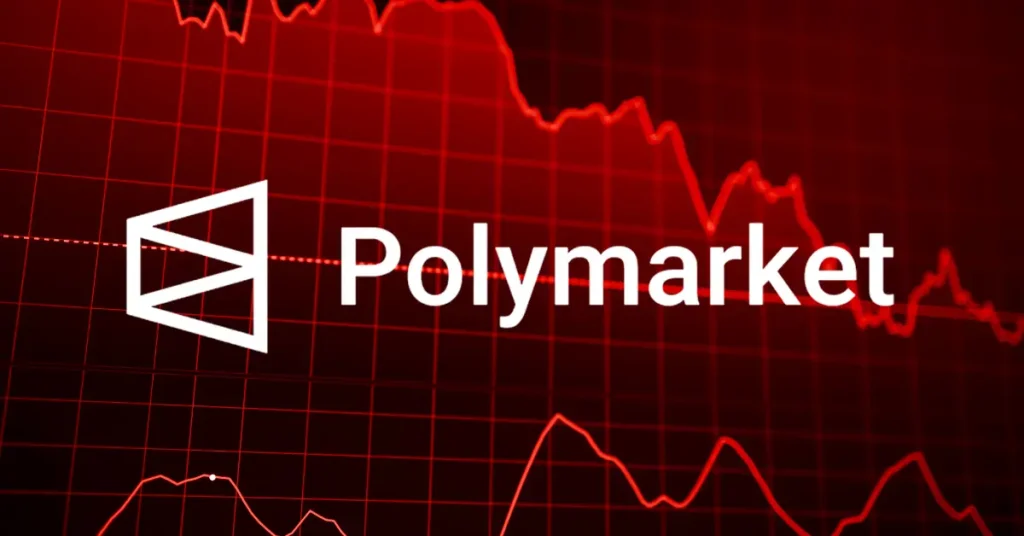
The post Did a UMA Whale Rig Polymarket? Crypto Traders Raise Red Flags appeared first on Coinpedia Fintech News
Last night, Polymarket found itself at the center of a major governance controversy. A powerful UMA token holder allegedly used last-minute voting to sway a market outcome, avoid losses, and secure profits. The situation has sparked outrage, with traders questioning whether the system was manipulated – or simply flawed.
The dispute was over a market predicting whether Ukraine would sign a mineral agreement with Donald Trump before April. By the settlement deadline, no official agreement had been signed or announced. While Trump mentioned he “expected” to finalize the deal soon, there was no formal confirmation.
Despite this, Polymarket resolved the outcome as “YES,” raising concerns about fairness. Many traders argued that the rules allowed market results to be changed unfairly to prevent financial losses.
A Powerful Whale’s Influence
A major UMA holder allegedly used their large voting power to influence the oracle and settle the market with an inaccurate outcome. By spreading 5 million tokens across three different accounts, they controlled 25% of the total votes, which played a key role in determining the final result.
Polymarket Responds: No Refunds!
Polymarket acknowledged the issue, admitting that the Ukraine Rare Earth Market outcome did not align with user expectations. However, they clarified that this was not considered a market failure, meaning refunds would not be offered.
The team assured users they are working with UMA to prevent similar incidents in the future. They plan to improve governance rules, system transparency, and clarification processes to avoid confusion and maintain trust in the platform.
Negligence or Manipulation?
Some argue this was not an intentional governance attack but instead a case of extreme negligence by both Polymarket and UMA Protocol.
The issue began when a user proposed settling the market as “YES,” triggering the UMA voting process. After all votes were committed, Polymarket issued a last-minute clarification stating the market was not ready to be resolved. However, UMA whale voters still revealed their “YES” votes to avoid penalties, even though they could have chosen to abstain or roll the vote.
Understanding the Strategy: Was It Flawed?
In the end, the “YES” outcome prevailed, following UMA’s decision rather than Polymarket’s late clarification. Some believe that had Polymarket acted earlier, the confusion could have been avoided. However, the UMA whales, who regularly participate in dispute resolutions, were likely voting strategically to protect their rewards rather than deliberately manipulating the system.
This incident has raised serious concerns about governance integrity, leaving many traders questioning whether decentralized market resolutions can truly be trusted.
0 Comments